Adamah Farm Bill Campaign
A Just and Climate-Friendly Farm Bill Could Help the Food System…
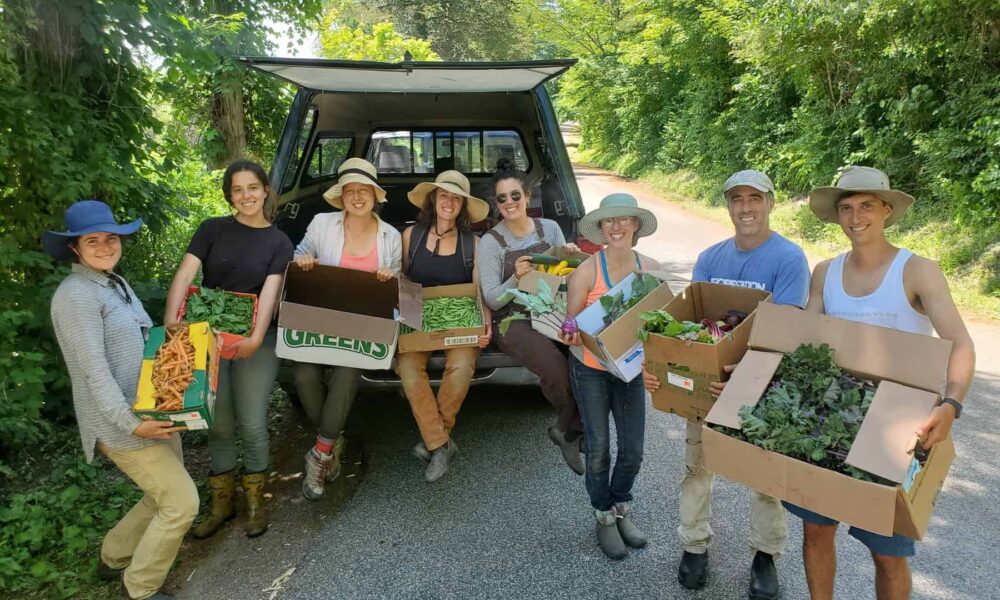
- bring its emissions to net-zero by 2040
- adapt to a changing climate
- prioritize racial justice
- reduce food waste
- incentivize land, soil, and water conservation
- increase equitable access to healthy, fresh food
- uplift community-led land use and food sovereignty
Join a robust, intersectional movement from a Jewish perspective!
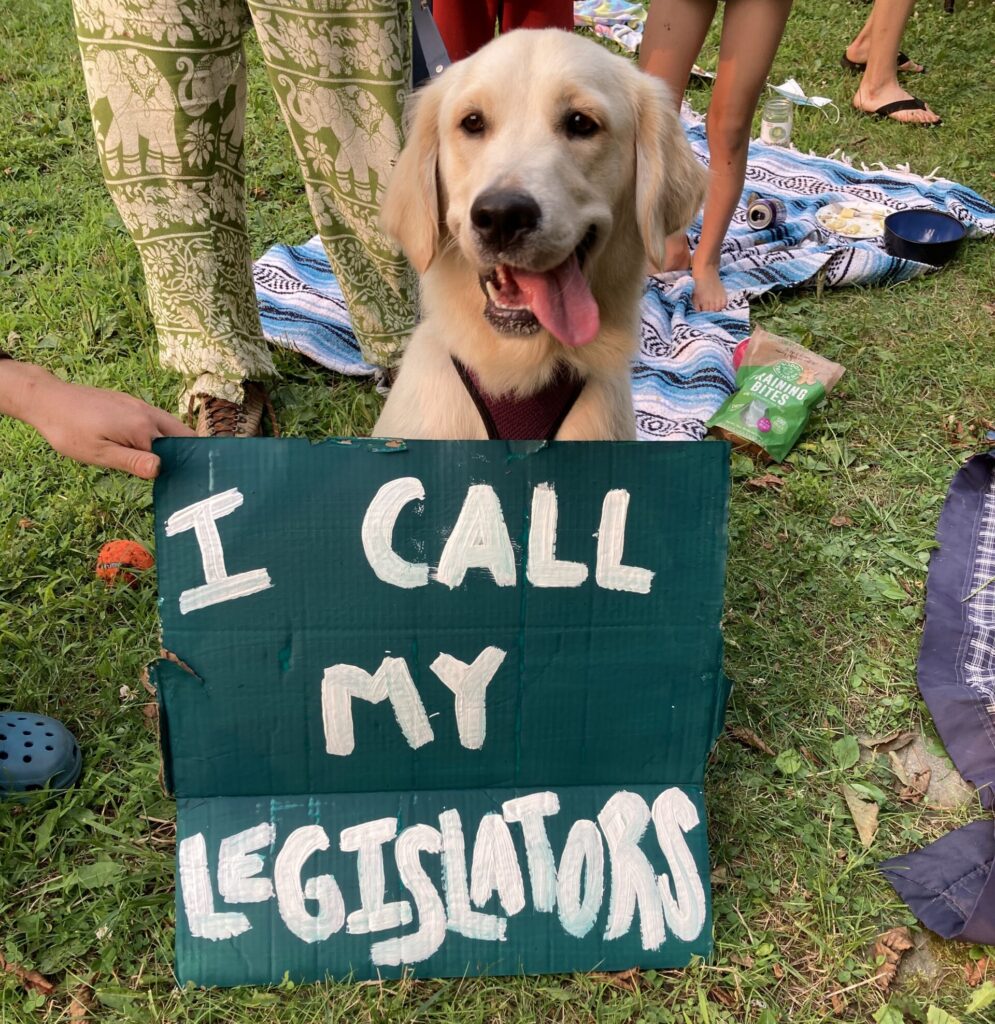
The Farm Bill is a huge piece of legislation that authorizes programs related to food and agriculture and thus presents an important opportunity to invest in a just and sustainable food system. It is supposed to be renewed every five years, but the 2018 bill is currently under extension while we wait for Congress to authorize a new version. Keep an eye out on this website for updates when legislation begins to move.
The Jewish community has always taken seriously the connection between what happens in farm fields and what is ethically and spiritually fit- kosher (כָּשֵׁר)– to put into our bodies. We have also always thought on a systems level with respect to farming and our broader society through biblical practices such as shmita (שמיטה) and pe’ah (פֵּאָה). It is deeply Jewish to take a systems approach to feeding ourselves well and for the long term. The modern Jewish environmental movement helps us connect these themes of our ancestors with the challenges we face today.
That is why Adamah continues to build on our long legacy of engaging in Farm Bill advocacy. A huge piece of legislation, the Farm Bill shapes what food we fill our tables with and how it is grown. With programs relating to climate, hunger, water conservation and pollution, equity across our food system, local food availability, forestry, research, and inflation, the Farm Bill presents a powerful opportunity to invest in a more just and resilient modern food system.
We know from our partnerships with research and advocacy groups how important the climate, food systems, and equity solutions in the Senate’s version of the bill are. We also know it from our own experience on our farms in Connecticut and Maryland, both of which use Farm Bill funding for innovative, ecologically in-tune practices like reforesting with carbon sequestering nut trees, or rotating crop fields with prairie plants that provide nectar for pollinators, prevent erosion, reduce fertilizer needs, and increase soil health. There are good programs out there that work. We need a Farm Bill that invests in solutions.
Adamah is grateful for our partnership with the National Sustainable Agriculture Coalition, an alliance of grassroots organizations of which Adamah is a member, with whom we have honed our Farm Bill priorities and campaign.
Check out our Farm Bill Campaign webinar from 2023 below to learn more. The timing is outdated, but the substance and learning remains relevant to the work ahead.
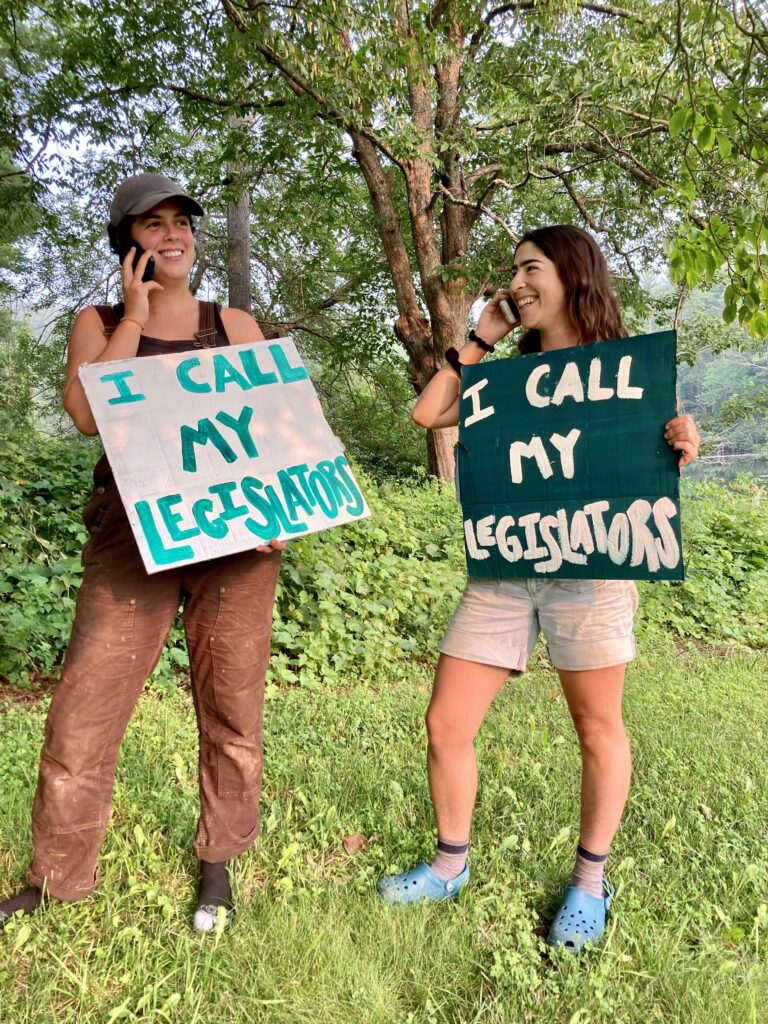
Building on centuries of Jewish wisdom, Rabbi Abraham Joshua Heschel Z”L said:
“The opposite of good is not evil; the opposite of good is indifference. In a free society where terrible wrongs exist, some are guilty, but all are responsible.”
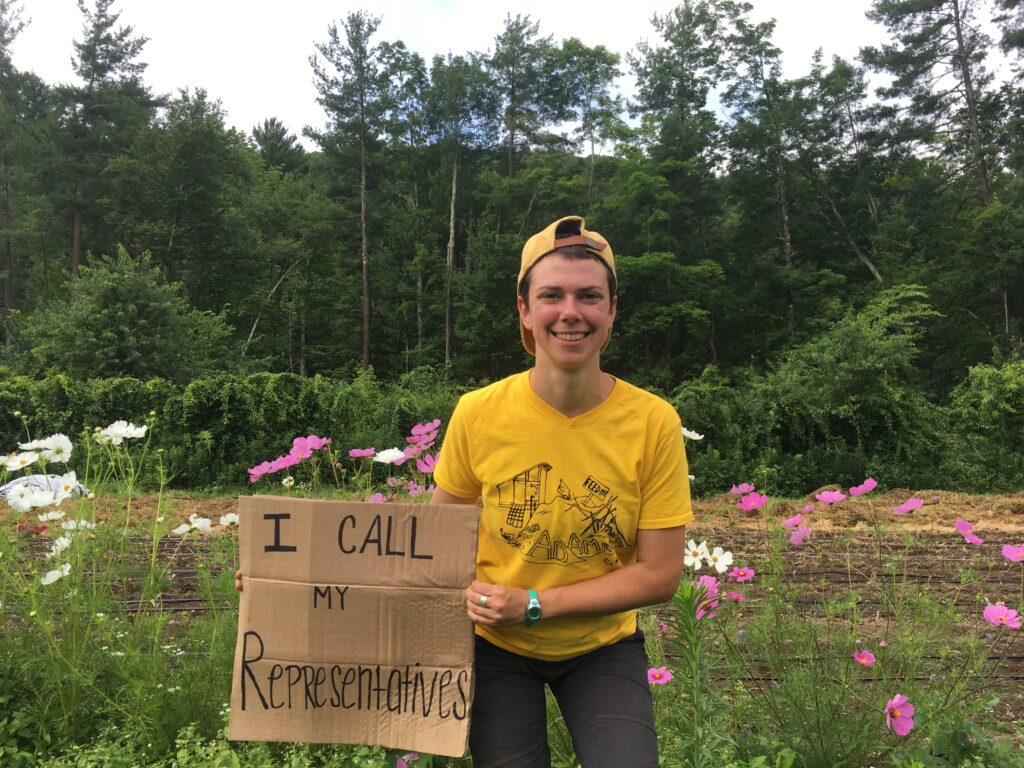
Terrible, fixable wrongs exist in the food system.
Thirty-five million people in the U.S. confronted hunger in 2019 while 30-40% of food produced was wasted, accounting for millions of tons of unnecessary pollution and trillions of gallons of irrigation water used to no effect.
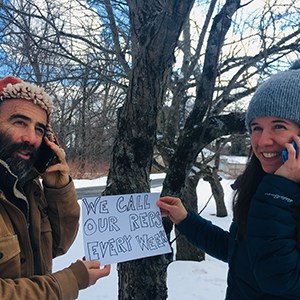
While Heschel left us guidance on combating indifference and taking responsibility, he also taught us to wake up in the morning and feel the radical amazement of being alive, to seek happiness through wonder.
Join us in eschewing the practice of doom scrolling through all that is wrong in favor of the very Jewish twin practices of action and awe.
When we start to see the choices that are not available, we can begin to see the role of political power in our daily lives. Who decides what options are available for us to choose in the first place?
Dr. Leah Stokes, from her essay A Field Guide for Transformation in the All We Can Save anthology
We are grateful to our partners in food system advocacy with whom we work in coalition including the National Sustainable Agriculture Coalition.
More from the Adamah Farm